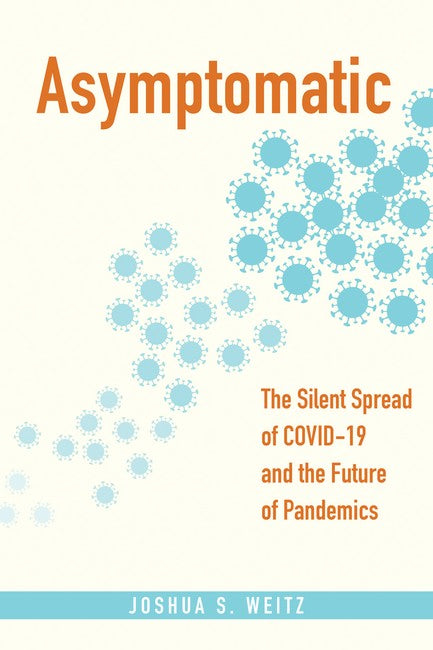The riveting account of how asymptomatic transmission drove COVID-19's global spread and catalyzed interventions to control it. Why was COVID-19 so difficult to contain and so devastating to people and economies worldwide? In Asymptomatic, author Joshua S. Weitz explains how silent transmission enabled COVID-19's massive and tragic global impact. Weaving the science of viral infections together with an insider's look at response efforts, Weitz guides readers through the shockwaves of successive epidemic waves as public health officials and academic research teams confronted the rise and risk of what was then a burgeoning global pandemic. The discovery of asymptomatic spread also fueled competing narratives: either COVID-19 was about to dissipate as quickly as it had emerged or completely disrupt life as we knew it. Weitz, a physicist-turned-biologist who directs a quantitative viral dynamics research group and has been immersed in COVID-19 response efforts, explains both why and how scientists tried to wade through competing narratives and warn the public of COVID-19's profound risk. As explored through a careful analysis of local outbreaks, accessible descriptions of virus dynamics, and the use of predictive models to guide response efforts, Asymptomatic provides readers a unique look into the secret ingredient that allowed COVID-19 to spread across borders and the high-impact interventions needed to fight it and future pandemics.

